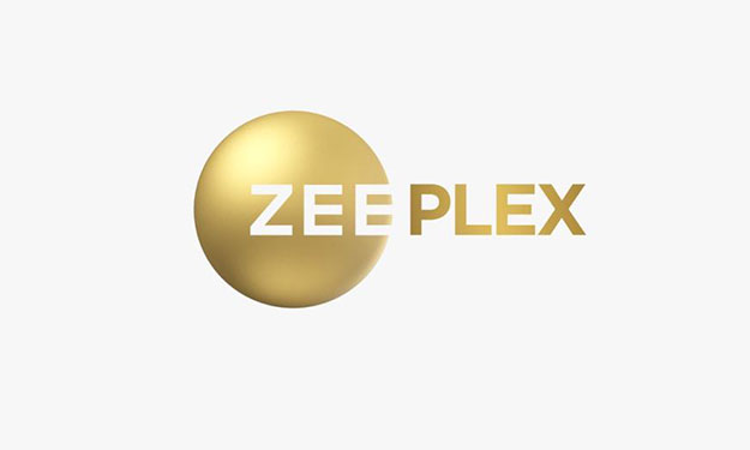The Bombay High Court recently refused to grant ad-interim injunction against 'Zee' for using the word 'Plex' in its new online movie channel service observing that the practice of parties in IPR cases moving Court at the last minute cannot expect Courts to set aside all other cases and this happens regularly, whether it is movie releases or otherwise, Court observed.Justice GS Patel was...

